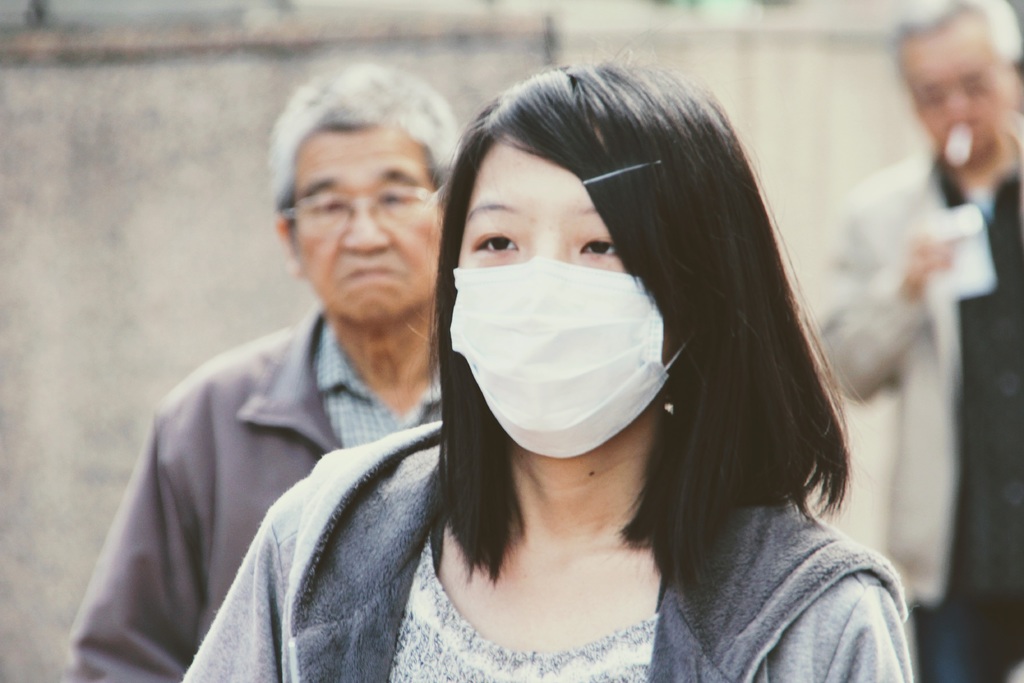AM Best predicts a reduction in health insurance sales for the first half of 2020 as China acts to contain the Wuhan Coronavirus

Masks are a common sight around China as a precaution to avoid catching the Wuhan Coronavirus (Credit: PxHere)
The Wuhan Coronavirus epidemic is unlikely to have more than a limited loss impact on non-life insurance firms in China, but it is likely to affect their top-line growth for the first half of 2020.
According to the latest report from ratings agency AM Best, the impact will be limited both because the Chinese government has committed to cover the costs of treatment, and due to a widely-held exclusion for epidemics among insurers.
The agency also laid out further predictions for the mid-to-long-term impact of the virus — which is known in medical circles as 2019-nCoV (Novel Coronavirus) — on the insurance market in its report.
The report said: “Given that the government will undertake the associated medical costs in the case of the novel coronavirus epidemic, individual policyholders are unlikely to incur material out-of-pocket medical expenses which would require claims to be made on their private health covers.
“Any negative effect from the current 2019-nCoV epidemic on the non-life insurance market over the short term is likely to impact insurance companies’ top-line growth.

“New sales during the first half of 2020 may be dampened as a result of contagion containment measures, such as city lockdowns and travel restrictions (discouraging in-person interactions and thereby lowering sales opportunities), as well as an overall slowdown of economic activities within the country.”
Globally, the Wuhan Coronavirus has spread to 25 countries — infecting an estimated 20,000 people and killing 360 in China.
Mid-to-long-term impact of Wuhan Coronavirus on insurance industry
China has a state-sponsored healthcare scheme that covers 90% of its population, albeit with co-payments from consumers using it.
Market intelligence firm GlobalData recently measured a health insurance penetration rate of 0.53% in 2017 in the country, expecting it to grow to 0.74% by 2022.
This growth rate could be spurred higher over the long-term, as AM Best expects the increased awareness of health risks prompted by the Wuhan Coronavirus to drive more people to purchase private insurance.
The agency tempered this statement, however, with a warning that this could also cause higher usage of private medical services paid by insurers.
“Over the mid-to-long-term, experience from the current health emergency is likely to drive an increase in consumer awareness of general health risks, which would, in turn, benefit the sale of health insurance products in the future.
“Over the long term, the experience from the epidemic may change the patterns of how individuals consume medical services, and insurance companies will have to adjust their models and pricing to account for potentially elevated utilisation of health care services in the near future.”
As panic has spread globally over the potential harm Coronavirus can cause, some within the insurance industry have attempted allay fears.
International Medical Group chief medical officer Dr Geoff Tothill pointed out yesterday that “seasonal flu remains a far more significant risk to public health”.
Worldwide, seasonal influenza epidemics cause 3 million to 5 million severe cases every year and kill up to 650,000 people annually, according to the World Health Organisation.
